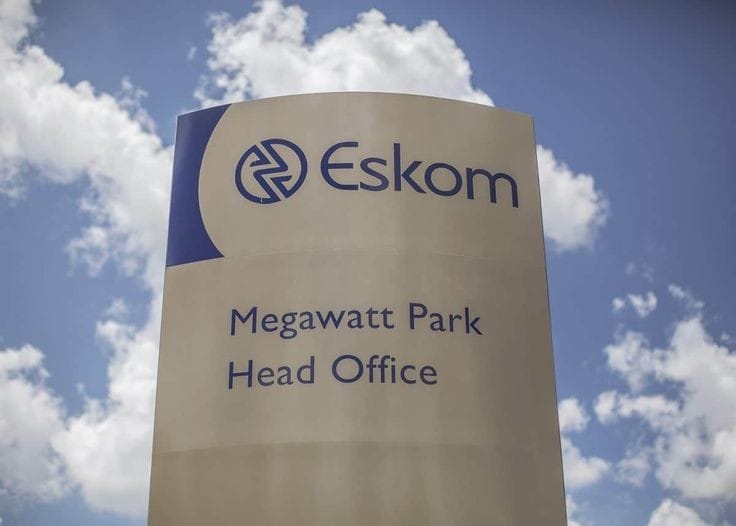The most recent data from the Central Energy Fund indicates an imminent increase in petrol prices for April, while diesel users can expect a slight alleviation, with prices projected to rise by approximately 35 cents per litre for both fuel types.
According to the CEF data, the under-recoveries for petrol have reduced from over R1.00 per litre at the beginning of the month, while those for diesel have remained relatively stable.
Despite this modest improvement, the anticipated price hike for April will bring petrol prices close to R25.00 a litre (95 octane) and largely negate the relief provided by price drops since November 2023.
From November 2023 to January 2024, petrol prices decreased by R3.20. However, fuel hikes since February, including the expected change in April, have totaled over R2.30.
For diesel, prices have decreased since November but have experienced reversals since February, amounting to over R2.30.
The reduction in under-recoveries and the transition to over-recovery for diesel can be attributed to a stronger rand compared to the previous month and a lower oil price in rand terms.
Annabel Bishop, Investec’s chief economist, noted that fuel prices have significantly contributed to inflation since February when the fuel price increased by 75c/litre, alongside increased costs of private vehicle operation.
In March, petrol prices rose by R1.21/litre, expected to have a substantial impact on inflation for that month, with fuel prices adding to volatility in inflation figures.
However, April is anticipated to see only a slight petrol price increase, as indicated by the CEF, owing to the international Brent crude oil price dropping lower in rands.
The recent depreciation of the rand, hovering around R19 to the dollar (currently trading at R18.95), has diminished the likelihood of improved petrol prices, driven by the expectation of persistently high global interest rates.
Meanwhile, oil prices have surged above $85 per barrel after being relatively stable for most of the year, attributed to US inventory drawdowns, OPEC+’s production cuts, and heightened tensions between Ukraine and Russia, including attacks on Russian refineries.
Despite these factors, analysts predict that oil markets will remain relatively stable, with only minor bouts of volatility expected.
The Department of Mineral Resources and Energy is expected to announce the official petrol and diesel price adjustments before they take effect next week, on Wednesday, 3 April.
The fluctuating nature of fuel prices continues to be a matter of concern for consumers and economists alike, with each adjustment impacting various sectors of the economy. As petrol prices inch closer to the R25.00 mark per litre, consumers face the prospect of tighter budgets and increased costs of living. This could particularly affect industries reliant on transportation, such as logistics and delivery services, potentially leading to higher prices for goods and services across the board.
Moreover, the impact of fuel price fluctuations extends beyond immediate economic concerns. Higher fuel prices can also have environmental implications, influencing consumer behavior towards more fuel-efficient vehicles or alternative modes of transportation. This shift towards sustainability could spur innovation in the automotive industry and drive investment in renewable energy sources, aligning with global efforts to combat climate change.
On the geopolitical front, the recent escalation in tensions between Ukraine and Russia has added another layer of complexity to oil markets. With Ukraine being a crucial transit route for Russian gas exports to Europe, any disruption in supply could have far-reaching consequences for energy markets worldwide. Investors are closely monitoring developments in the region, mindful of the potential for further volatility in oil prices.
At the same time, the global transition towards renewable energy sources is reshaping the dynamics of the oil market. The growing adoption of electric vehicles and advancements in renewable technologies are gradually reducing the world’s reliance on fossil fuels. This shift poses both challenges and opportunities for oil-producing nations, forcing them to diversify their economies and adapt to a changing energy landscape.
In South Africa, the government faces the delicate task of balancing economic growth with environmental sustainability. While the country is heavily dependent on coal for electricity generation, there is increasing pressure to invest in cleaner, more sustainable alternatives. Initiatives such as the Renewable Energy Independent Power Producer Procurement Programme (REIPPPP) demonstrate a commitment to transitioning towards renewable energy sources, but more ambitious targets and policy measures may be needed to accelerate progress in this direction.
Looking ahead, stakeholders across the energy sector must collaborate to address the challenges posed by fluctuating fuel prices and the broader transition towards a more sustainable energy future. This will require innovative solutions, informed policymaking, and concerted efforts to ensure that energy remains accessible, affordable, and environmentally responsible for all. By embracing these challenges as opportunities for positive change, South Africa can position itself as a leader in the global transition to a greener, more resilient economy.









